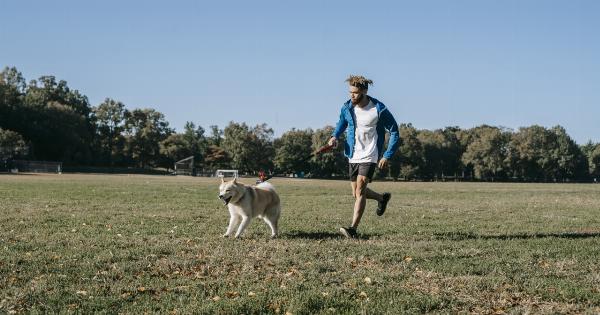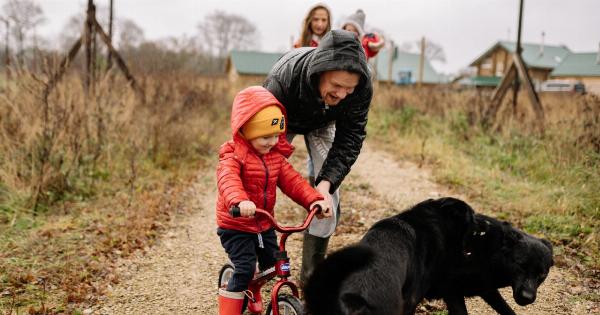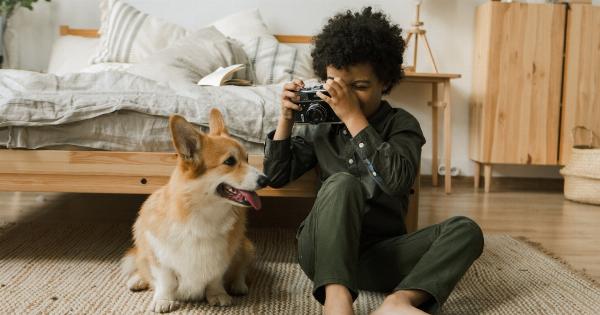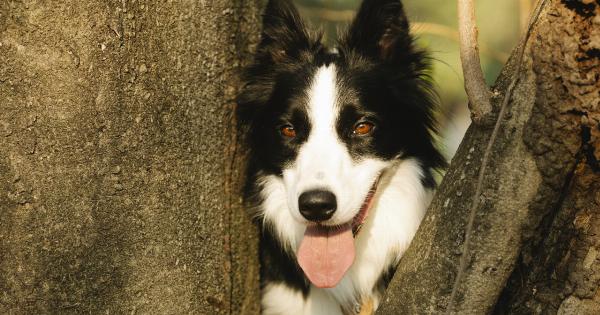Socializing adult dogs is an essential aspect of their overall well-being and development.
Whether you have recently adopted an adult dog or need to improve their social skills, implementing effective strategies can help them become comfortable and well-adjusted in various social situations. This article provides practical tips and techniques for successfully socializing adult dogs.
1. Understand the Importance of Socialization
Socialization helps dogs develop positive behavior patterns, build self-confidence, and learn appropriate ways to interact with other animals and humans.
It is crucial to understand that adult dogs may have different socialization needs compared to puppies. However, with patience, consistency, and positive reinforcement, you can help your adult dog adapt to new environments and experiences.
2. Gradually Introduce Your Dog to New Environments
When socializing an adult dog, it’s important to gradually introduce them to new environments, such as parks, busy streets, and pet-friendly establishments. Begin with quieter areas and progressively expose them to busier places.
This method allows your dog to gradually acclimate to new sights, sounds, and smells, promoting a positive association with novel experiences.
3. Start with Controlled Interactions
For adult dogs that may be shy or anxious around other dogs or humans, it’s best to start with controlled interactions. Arrange playdates or meet-ups with calm and friendly dogs and introduce your adult dog in a neutral setting, such as a park.
This controlled environment allows for monitored interactions and ensures the safety and comfort of all dogs involved.
4. Use Positive Reinforcement
Positive reinforcement is a powerful tool when socializing adult dogs. Reward your dog with treats, praise, and affection for displaying desired behavior.
This technique helps your dog associate positive experiences with social interactions, strengthening their confidence and encouraging future positive behavior.
5. Leash Training for Better Control
Effective leash training is essential for safe and controlled socialization. Train your adult dog to walk on a loose leash and practice commands such as “sit” and “stay” during walks.
This training provides better control over your dog’s behavior in various social situations and prevents potential incidents.
6. Expose Your Dog to Different Types of People and Animals
Expose your adult dog to a diverse range of people, including men, women, children, and individuals wearing different attires. Additionally, familiarize them with various types of animals, such as cats, rabbits, or livestock.
This exposure helps your dog develop positive associations with different individuals and animals, making them more comfortable and adaptable in different social settings.
7. Organize Supervised Group Activities
Supervised group activities, such as dog training classes or playgroups, can be highly beneficial for socializing adult dogs.
These activities provide controlled environments with professional guidance and allow dogs to interact and learn appropriate social behaviors from each other. Ensure the activities are well-supervised and structured to promote positive experiences for your dog.
8. Visit Dog-Friendly Places
Take your adult dog to dog-friendly places, such as pet stores, cafes with outdoor seating, or parks with designated dog areas.
These locations allow your dog to experience new environments while interacting with other dogs and individuals who are typically open to canine interactions. Practice proper leash etiquette and ensure your dog follows basic commands to ensure a safe and positive experience.
9. Address Fear and Anxiety
If your adult dog exhibits fear or anxiety in certain social situations, it’s crucial to address these challenges.
Consult with a professional dog trainer or behaviorist who can help you develop a tailored training plan to address these issues effectively. Do not force your dog into situations that cause extreme fear or distress, as this may worsen their anxiety.
10. Maintain Patience and Consistency
Socializing adult dogs requires patience, consistency, and understanding. Every dog is different, and some may take longer to adapt to new social situations than others. Ensure you maintain a positive and calm demeanor while working with your adult dog.
Celebrate every small improvement and remain consistent with training techniques to achieve long-term positive results.
By implementing these practical tips and techniques, you can effectively socialize your adult dog, helping them become comfortable and well-adjusted in various social situations.
Socialization plays a vital role in their overall happiness and promotes positive behavior and healthy interactions with other animals and humans.































